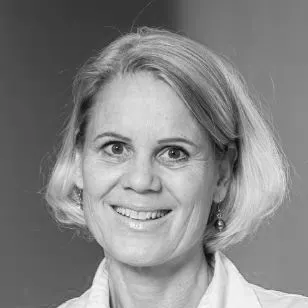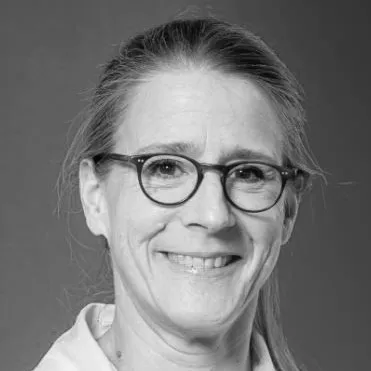Once they are back at home, your child will slowly resume his/her activities. After a few weeks, they can start playing non-contact sports again, and after about three months, they can go back to school.
Consultations
When will follow-up consultations take place ?
A personalized follow-up schedule will be given to you when you leave the hospital. It will include visits for checkups each week during the first three months. After this, appointments are scheduled as follows: once a month, then every three months, every six months, etc. Depending on your child’s needs, consultations are sometimes more frequent. They are shared between your child's doctor and the Center.
Checkups at the Center often require spending the day in Geneva. Your child will either be hospitalized at the Pediatric Surgery Division, or admitted for consultation at the Outpatient Surgery Unit [unité de chirurgie ambulatoire (UCA)] or at the Polyclinic.
This follow-up care is carried out in partnership with you, your child, and your pediatrician or gastroenterologist.
Why does my child have to undergo an annual evaluation at the Center ?
The purpose of this annual assessment is to evaluate the condition of your child’s liver and to identify any potential problems early. No matter where you live, the assessment will be carried out at the Center and will include a liver ultrasound scan to view the transplanted liver, its vessels and bile ducts. This visit will take place around the anniversary date of the transplant in Geneva until your child reaches adulthood, and also depending on where you live.
Analyses and checkup exams
Why is it important to do blood tests ?
They help to adjust the treatment. Your child will undergo frequent blood tests in the first month after the transplant. They will be repeated based on the results and any symptoms your child is experiencing. Like follow-up consultations, intervals between these analyses will gradually grow longer. If you live far from Geneva, you can go to a facility near you to have them done and they can be interpreted by your child’s primary care doctor.
What precautions should we take before the blood tests ?
On the day of the blood test, your child should not take the anti-rejection medication in the morning. The test will happen at the time that the child usually takes this medication. Once the exam is done, you can give your child the medication. You should be aware that a delay of a few minutes is risk-free.
What are the other exams and their objectives ?
Anti-rejection drugs (immunosuppressants) are essential for the success of the transplant. However, they can alter the functioning of the kidneys and heart. In order to detect potential problems as soon as possible, other examinations are prescribed for your child. These checks make it possible to optimally adapt treatments :
- Urinalyses
- 24-hour blood pressure (BP) measurement
- Electrocardiogram (ECG)
- X-rays of the thorax
Children with liver disease often have decreased bone growth and density. A hand X-ray can show whether your child’s bone maturity corresponds to the age. From the age of 5, a mineralometry (a painless and non-invasive X-ray exam) is offered to evaluate the need for a nutritional supplement.
What psychological follow-up care will my child need ?
During the pre-transplant assessment, you and your child met regularly with the Center’s psychologist. These consultations made it possible to identify the needs of the family and to offer appropriate psychological support. This is continued during the post-transplant period. In addition, and in order to ensure the proper development of your child, a specific regular assessment will also be offered.
Hypnosis
After an operation, hypnosis can reduce painful sensations directly related to the operation, infusions, drains, etc., by escaping into an imaginary world - for example during a painful or worrying treatment. By reducing anxiety, it facilitates falling asleep and sleep, and therefore recovery.
+ INFO
To learn more, see the Hypnosis explained to kids (FR)
Risk of rejection
What is this ?
Your child's body may perceive the transplant as a foreign body and try to attack it. This does not necessarily mean that the transplant has failed. Anti-rejection drugs, such as Prograf®, Cellcept®, or Neoral® decrease the activity of your child's immune system and help prevent rejection. The earlier the rejection is detected, the easier it is to treat.
Does this happen frequently ?
Yes, especially during the first three months. The risk persists for the rest of the person’s life. All young transplant patients experience at least one episode of rejection.
When should I call the Center ?
There are no specific signs of «rejection». However, we recommend that you call the Center in case of any of the following :
- You missed a dose of medication for one reason or another
- Persistent fever
- Diarrhea or vomiting
Please feel free to consult our section Questions & answers where you will find a great deal of practical, useful information.

